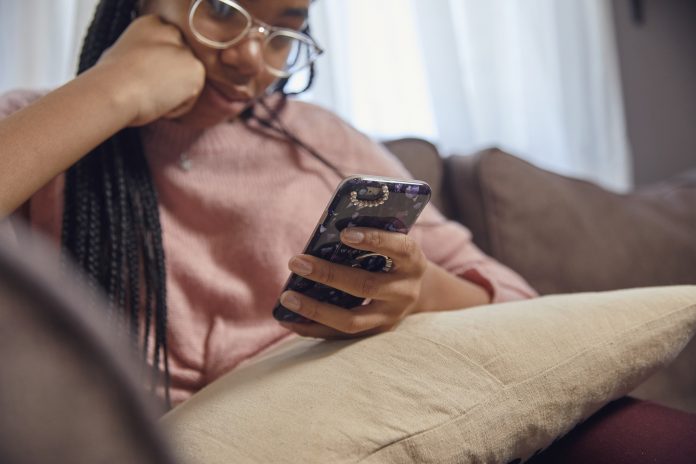During the lockdown, and now beyond, it seems many of us are increasingly relying on the online world for everything; connecting, socialising, working and a source for our news.
Whether a global pandemic or a regional conflict, there is so much going on in the world right now. And often this news comes with statistics and figures which can be hard to digest.
It’s not always easy to tell whether something online is real or not, especially when it comes from social media.
Fake news
Not everything posted online is real or true and it’s important to be aware of inaccurate information when trying to absorb what’s happening in the world around you.
Here is our advice on ways to spot fake news:
- Don’t react straight away
Fake news is often designed to make you scared, worried or angry. And this can make it hard to think. Take a few minutes before you react or comment on something. - Think about whether it could be a hoax or made-up
Lots of people spread rumours online. Sometimes a picture could be posted with a made-up story, or with language to try and grab your attention. - Check the source
Look at the name of the website and see whether it looks real. Try to find out whether there’s any evidence to back up what’s being said, or if it’s been confirmed on news websites you trust. - Look at the date and other information
Lots of older posts and news articles might have out of date information. If you’re looking at a picture, check to see if there’s anything that doesn’t make sense or that doesn’t look real. - Ask an adult you trust
Always get a second opinion when you’re not sure. Try asking someone you trust, or speak to a Childline counsellor.
One young person* told Childline “I often see myself constantly reading through articles about the virus, I don’t even know what’s real or not anymore since there are lots of misinformation!”
Another young person discussed their anxieties: “The news is something that skyrockets my anxiety and my school plays it every morning everywhere. I can’t get away from it. It makes me so scared and I feel alone and powerless because it’s everywhere.”
Here at Childline, we want all young people to know that we are still here for you. Our trained Childline counsellors are available to speak to you confidentially and for free. No matter what is worrying or upsetting you, we are there to listen.
Remember if you’ve been sent something and you’re not sure if it’s real, don’t share it.
You can visit www.childline.org.uk for further support and advice.
Any young person can speak to one of Childline’s trained counsellors on 0800 1111.
*All names and potentially identifying details have been changed to protect the identity of the child or young person.
For more articles by Childline, click here.
